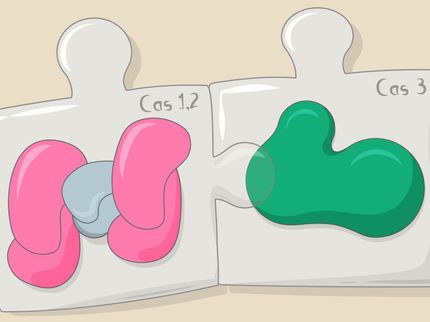AVI BioPharma Announces Dengue Virus Collaboration With CDC
Advertisement
AVI BioPharma, Inc. announced it has signed a Cooperative Research and Development Agreement (CRADA) with the Centers for Disease Control and Prevention (CDC). The two-year agreement provides for further testing of AVI's NEUGENE(R) antisense therapeutics, which have been shown to be highly effective in killing all four serotypes of dengue virus in preliminary studies. Dengue viruses are endemic in most tropical countries worldwide, and are an emerging infectious disease threat to North America.
"This collaboration with the CDC and our recently announced anti-viral collaboration with the U.S. Army Medical Research Institute of Infectious Diseases (USAMRIID) illustrate the progress we continue to make with our NEUGENE infectious disease program," said Denis R. Burger, Ph.D., chief executive officer of AVI. "Working with the CDC will strengthen our pursuit of an effective therapeutic for a disease that afflicts tens of millions of people annually around the globe, and for which there is no existing therapy."
At the Seventh International Symposium on Positive-Strand RNA Viruses in June 2004, AVI reported results of a study conducted with the CDC to evaluate the ability of AVI's NEUGENE drug candidates to inhibit replication of dengue virus serotypes 1 through 4. The study determined that all four dengue serotypes could be inhibited by a single NEUGENE compound designed specifically for that purpose. This NEUGENE drug candidate was found to inhibit viral titer by up to one millionfold.
AVI believes its NEUGENE antisense "rapid response therapeutics" have a significant role to play in the future of anti-viral therapeutics. NEUGENES are synthetic compounds that mirror a critical portion of a disease-causing organism's genetic code and bind to specific portions of the target genetic sequence. Like a key in a lock, NEUGENE antisense compounds are designed to match up precisely with a specific gene or viral sequence, blocking the function of the target gene or virus.


















































